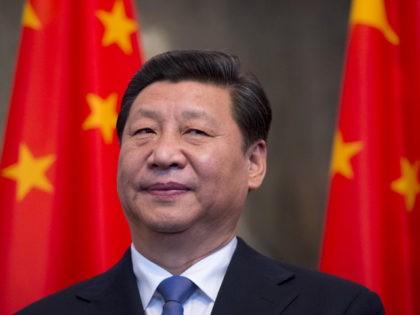Iran and Russia Move into Sri Lanka After China’s Belt and Road Disaster
Iranian President Raisi visited Sri Lanka to launch a hydropower project, and a Russian company has taken over China’s white-elephant airport.
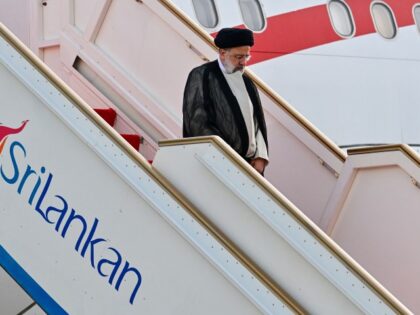
Iranian President Raisi visited Sri Lanka to launch a hydropower project, and a Russian company has taken over China’s white-elephant airport.

China’s state-owned oil company CNPC, the China National Petroleum Corporation, has signed a $400 million deal with the military junta that controls Niger, providing a much-needed infusion of cash after the coup damaged relations with Niger’s previous big oil customers, the United States and France.
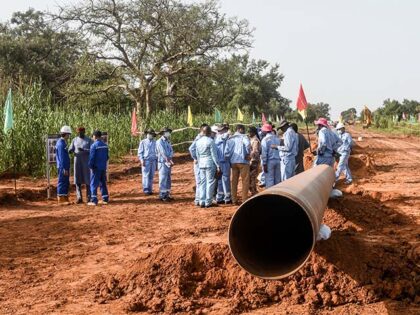
The Chinese Commerce Ministry announced on Thursday that Ecuador has signed a free trade agreement (FTA) to “create a more favorable, transparent, and stable business environment for enterprises” with China.
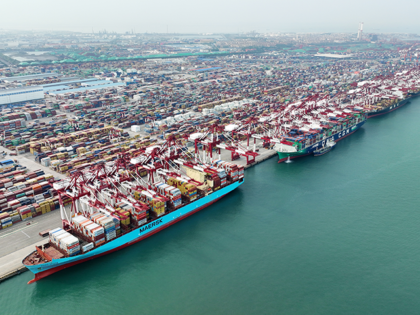
China’s state-run Global Times on Monday mocked the Biden administration for trying to compete with China for the affections of Africa by spending a fraction of the money Beijing has invested in the continent.
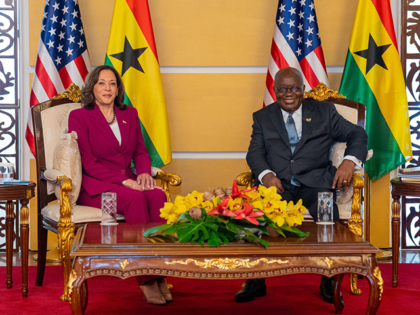
Sri Lankan Prime Minister Ranil Wickremesinghe on Monday said he would ask China for foreign aid again, after Beijing turned down a proposed $1.5 billion currency swap. China was a major contributor to Sri Lanka’s economic implosion, having destroyed some of the island’s key industries and bankrolled its corrupt socialist government with loans that could never be repaid.
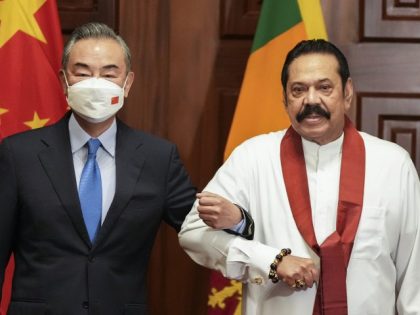
The Royal Thai Police recently rescued 700 Thais from Chinese criminal gang-run compounds in Cambodia, where Thais lured into financial telephone scams are held against their will in debt bondage, Al Jazeera reported Wednesday.
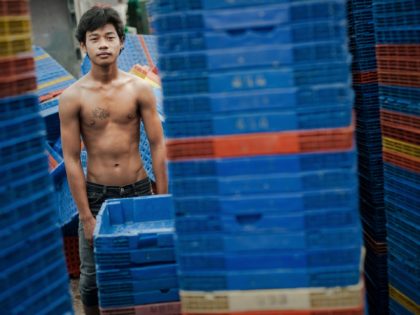
Sri Lankan President Gotabaya Rajapaksa on Sunday asked Chinese Foreign Minister Wang Yi to restructure payments for the roughly $5 billion Sri Lanka borrowed from China to build wasteful and unproductive projects under China’s Belt and Road Initiative (BRI). Critics describe BRI as a form of colonialism, a “debt trap” set by imperialist China for Third World countries, and Sri Lanka often serves as Exhibit A for the prosecution.
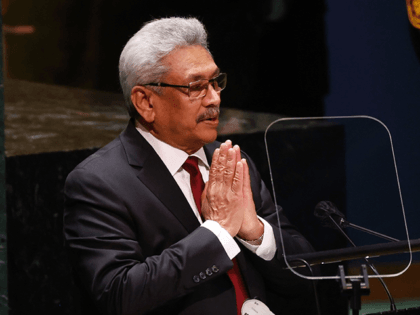
A report published Wednesday by the AidData project at the College of William & Mary in Virginia found that China’s Belt and Road Initiative (BRI), touted by Communist China as a partnership to help emerging economies, has mostly profited China while leaving its “partners” mired in crushing debt.
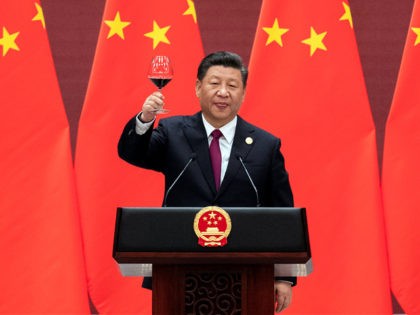
Jakov Milatovic, economy minister of Montenegro, said on Wednesday that his government is negotiating with “a number of Wesetern banks from Europe and the United States” to refinance almost a billion dollars in loans taken out from Chinese banks to finance a lavish road construction project.
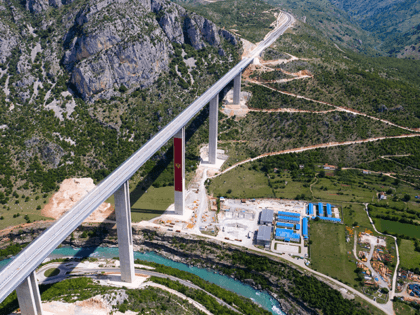
Bloomberg News reported Wednesday that Pakistan is asking China for relief on the debt from constructing about a dozen power plants under China’s Belt and Road Initiative (BRI).
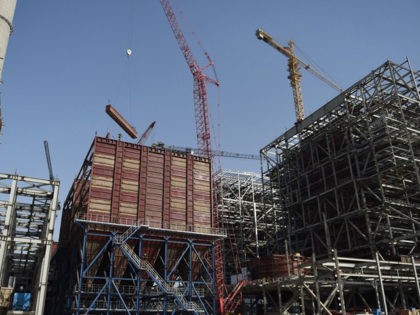
Chinese state media on Thursday called on the Western world to help African nations pay their enormous debts, many of which just happen to be owed to Chinese banks thanks to China’s debt-trap Belt and Road Initiative (BRI).
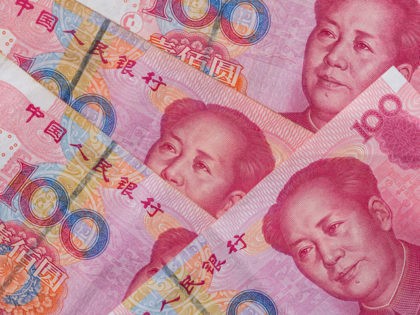
The Chinese Communist Party (CCP), in the wake of the economic collapse triggered by the coronavirus pandemic, is ignoring debt relief calls by African countries targeted by Beijing’s predatory lending practices, a leader of a bipartisan American congressional commission suggested on Friday.
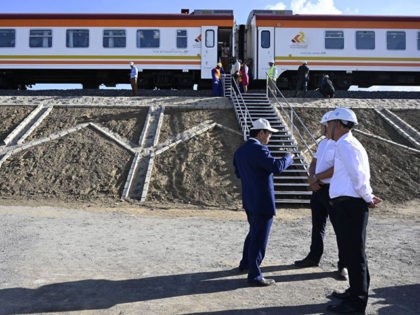
China opened the second phase of its $5 billion railroad in Kenya, a major component of the international Belt and Road Initiative, on Thursday.

A $3 billion railway that Kenya funded with enormous loans from China is making less than half of the revenue required to make payments to Chinese companies that built and now manage the project, the South China Morning Post reported Tuesday.
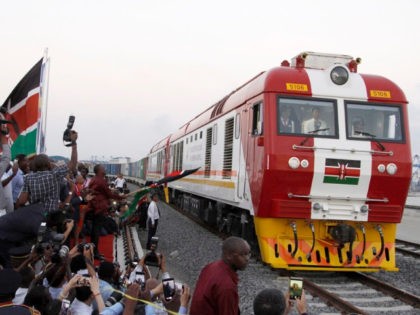
Kenya’s Daily Nation on Tuesday accused China of forcing the Kenyan government into a “lopsided multibillion-shilling deal for the operation of the Standard Gauge Railway” and using similar strongarm tactics to push Kenya into a “debt trap” coal deal worth $9 billion in U.S. dollars.
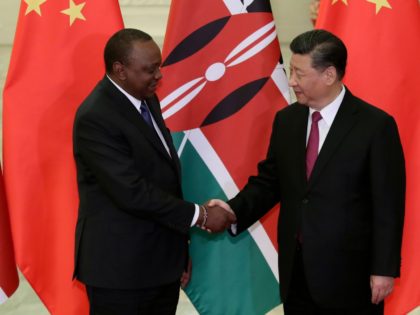
Uganda launched a campaign early this week to attract thousands of Chinese tourists amid concerns Beijing will seize some of the African country’s sovereign assets over its rising public debt fueled by the Asian giant’s Belt and Road Initiative.
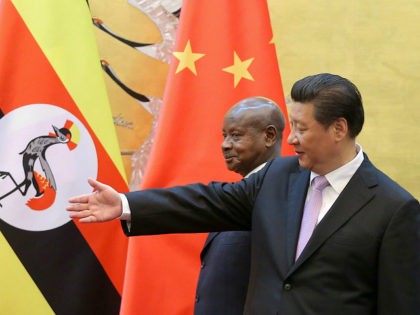
Chinese President Xi Jinping addressed the second annual Belt and Road Forum in Beijing on Friday. His speech was covered by Chinese media as triumphant exultation of an astounding international trade and infrastructure project, while foreign reporters heard a series of signals to nervous participants and prospects that the Belt and Road Initiative (BRI) will become more transparent, financially sustainable, and politically neutral in the years ahead.
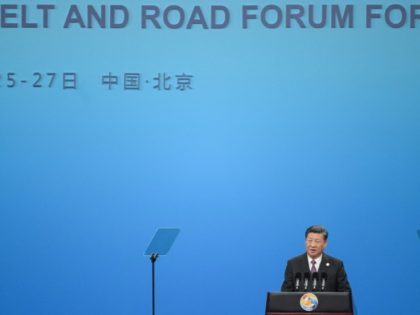
National Security Adviser John Bolton accused China and Russia of exploiting Africa with “predatory policies” that stunt the growth of African nations and threaten their independence.
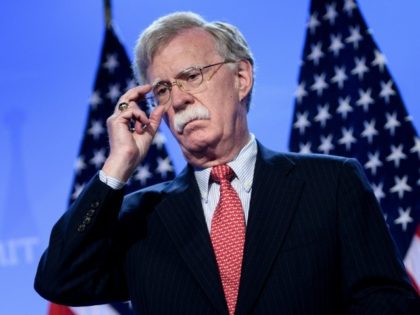
WASHINGTON, DC — China is using its economic clout in Africa to promote a “new international order” and encourage countries to adopt its communist ideology, experts told lawmakers on Wednesday.
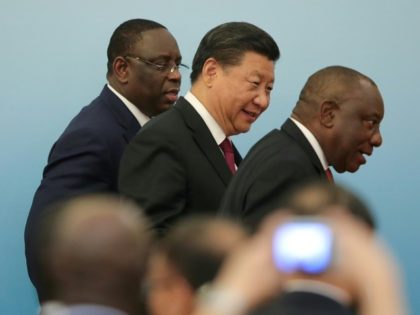
The debt-ridden island nation of Sri Lanka reportedly signed two Belt and Road Initiative (BRI)-linked contracts worth more than $50 million with China on Thursday amid political upheaval in the South Asian country over the appointment of a pro-Beijing premier.
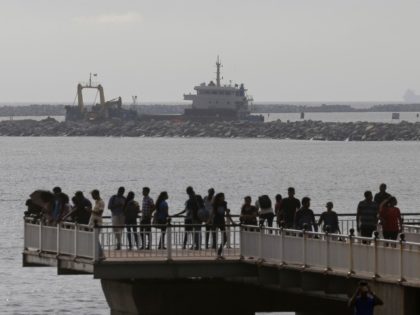
Chinese Foreign Minister Wang Yi, representing Communist Party leader Xi Jinping at the United Nations General Assembly on Friday, used his time to urge “win-win cooperation,” promote the sprawling One Belt, One Road (OBOR) debt trap project, and generally avoid confrontation with the United States.
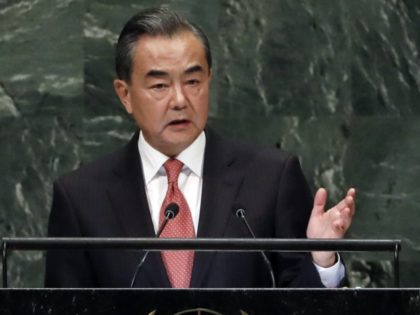
African media buzzed with reports this week that China plans to take over Zambia’s national power company, ZESCO, and has already taken control of national broadcaster ZNBC. In essence, Beijing is repossessing chunks of the Zambian state because it cannot repay the gigantic loans it took out from China.
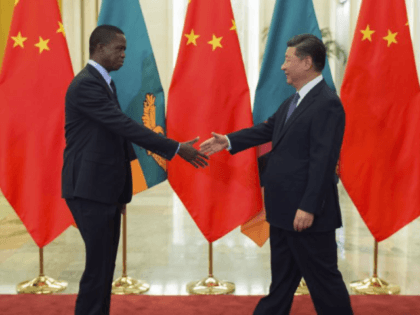
China’s state-run Global Times published a vocal defense of the nation’s “One Belt, One Road” infrastructure plan on Tuesday, insisting the predatory loans it offers to developing nations come “with no political strings attached” and that those who warn China is attempting to colonize poorer countries have their own “ulterior motives.”
